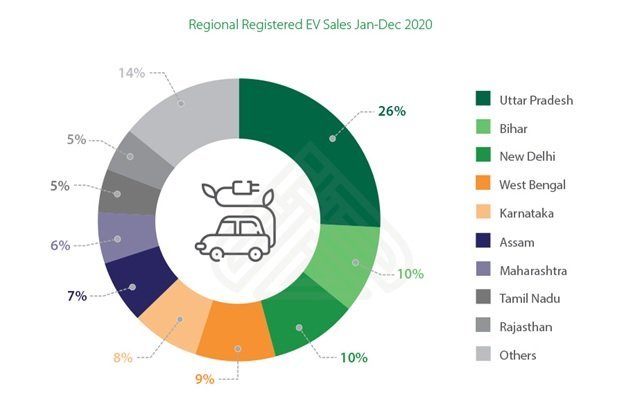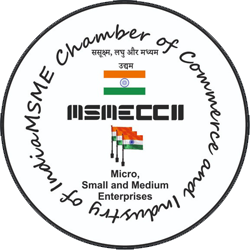According to the report, published in 2019 by the Federal Think Tank of Niti Aayog, India’s Electric Vehicle (EV) market share is growing much faster than it did a decade back.
The report revealed that India’s mobility market will make a significant transition into electric by 2030. As per the report, India’s electric vehicle market share by 2030 is expected to rise at,
-
70% for Commercial cars,
-
40% for Buses,
-
30% for Private cars
-
80% for 2 & 3-wheelers.
The most obvious market to follow EV mobility is the Recycling Market for Electric Vehicle Batteries. According to Market Research Future's (MRFR) recent analysis, the worldwide EV battery recycling market is expected to reach 3 US billion Dollars towards the end of 2025, with an expected CAGR of 19%.
Automobile Manufacturers, such as MG Motor based in India, have recently announced their partnership with one of India’s largest e-waste recycling companies, for recycling used-up batteries of electric vehicles.
MG Motor India stated in a statement that the alliance will focus on reusing and recycling the Li-ion batteries used in the automaker's ZS electric vehicles once they reach the end of their useful lives. The partnership hints at how Automobile industries are looking into strengthening the EV sector.
The battery recycling market is certainly anticipated to be a profitable industry owing to the rising numbers of electric vehicles on roads. The limited battery life will likely lead to an upturn in recycling investment.
India's automobile sector is the world's fifth-largest, with plans to become the third-largest by 2030. Reliance on traditional modes of fuel-intensive mobility to cater to a large domestic market would not be sustainable. To solve this, federal authorities are designing a “Shared, Connected, and Electric” mobility alternative, with an ambitious goal of achieving 100 percent electrification by 2030.










Leave a reply